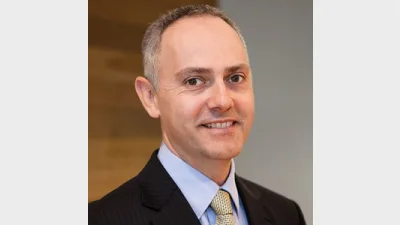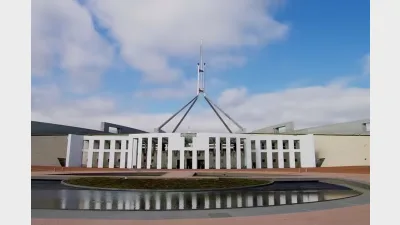Sunsuper bolsters product team



Sunsuper has appointed three new senior product managers to its newly formed product division.
Ben Hillier, Patrick White and Keristi Price will join Sunsuper's product team, which was formed in September last year after the fund's five-year review.
The newly created management roles will bolster the team's commitment to designing, developing, and launching new products in response to members' needs.
Hillier brings over 15 years product management experience to the fund's superannuation and retirement products team. His most recent role with ANZ — managing its self-managed super fund (SMSF) products — built on six years experience at Suncorp managing credit cards and retail deposit products.
White will move from Sunsuper's financial advice team, in which he held a leadership role for three years, to lead its advice and retirement solutions products team.
White is also deputy chair of the Faculty Advisory Board for ANZIlF and recently won a spot on the Association of Superannuation Funds of Australia's (ASFA's) standing advisory panels for retirement and advice.
He has over 14 years experience in the financial services industry in roles involving leadership, management and senior adviser positions.
Price has moved across from over a decade in product management roles at OnePath to manage Sunsuper's insurance products team.
Sunsuper product general manager Andrew Nicholson, who signed on last September to lead the newly formed division, said the new product managers were well placed to fulfil the company's product-related goals.
"The appointment of these three new product managers will ensure that Sunsuper continues to create and implement products that meet the needs of our members both now and throughout their retirement," he said.
Recommended for you
Superannuation fees have continued their multi-year decline, as fund consolidation and index investing deliver scale efficiencies for members.
Super funds demand fast passage of payday super laws, while small business advocates warn of cash flow pressures and compliance risks.
The superannuation industry could move faster on personalisation, according to MLC, and the fund has identified three core areas where it will be focusing its personalisation efforts over the next 12 months.
The Actuaries Institute has released a framework to help super funds deliver affordable guidance and advice to millions approaching retirement.










